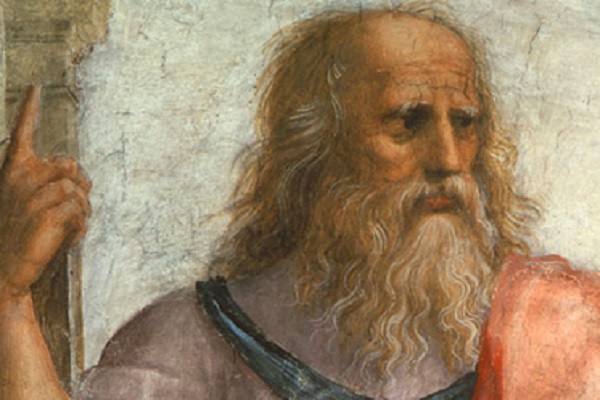For over two millennia, the writings of Plato had been at the very core of a Western education. Yet by the dawn of the 21st century, Plato appeared marginalized to the benign pedantry of Classics departments — engagement with his ideas having been spurned by many philosophers and educators over the preceding decades. To many his call to search for truth — and to live according to it — is no longer seen as applicable to our relativistic age. Neel Burton’s Plato: Letters to My Son attempts to rescue Plato from irrelevance and guide another generation of readers and leaders along the path of self-knowledge.
To understand the thrill of Burton’s timely intervention, it is essential to grasp why Plato has fallen out of fashion. After Karl Popper’s famous assault on ‘Plato’s totalitarianism’ in the middle of the 20th century, Plato was systematically critiqued in the context of the post-1968 culture wars movement and its spawn — multiculturalism — both of which took umbrage at the very notion of a canon of ‘dead white men’.







Comments
Join the debate for just $5 for 3 months
Be part of the conversation with other Spectator readers by getting your first three months for $5.
UNLOCK ACCESS Just $5 for 3 monthsAlready a subscriber? Log in